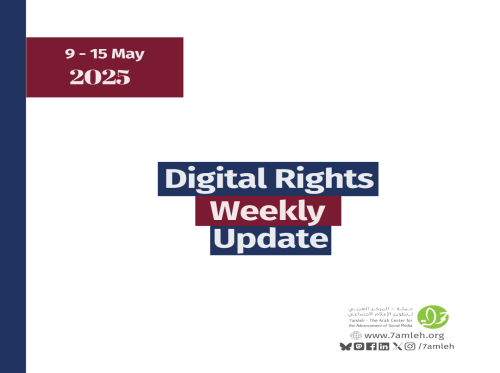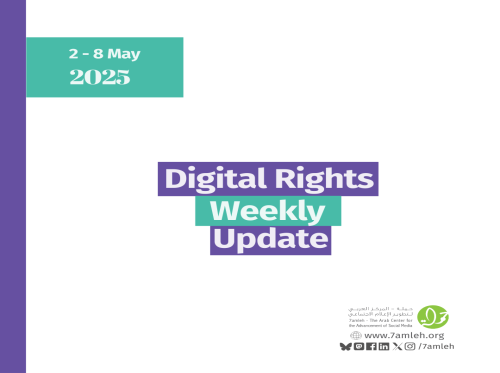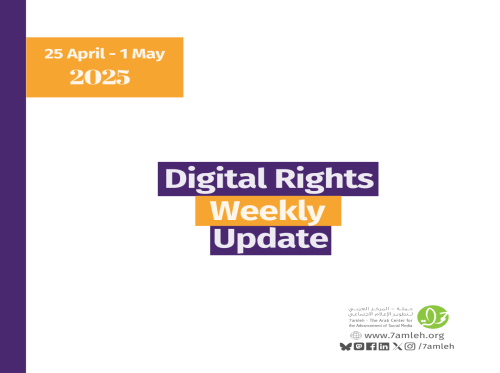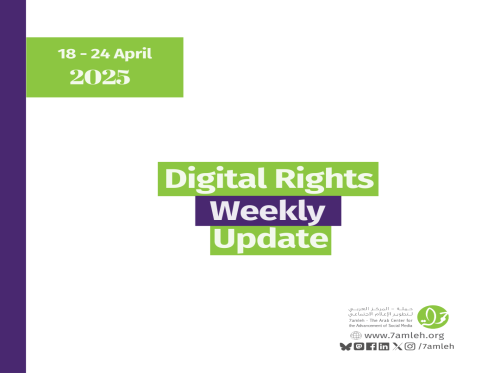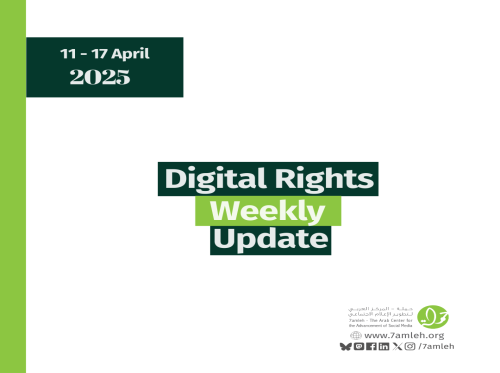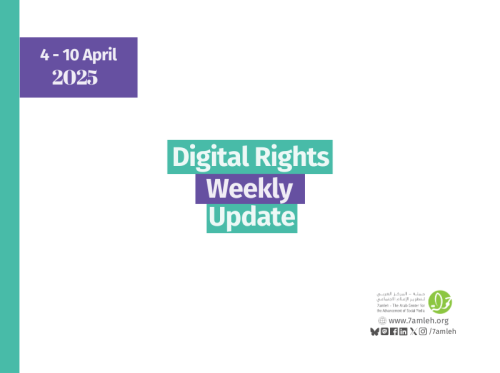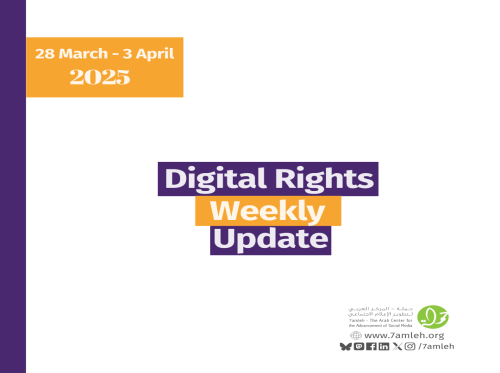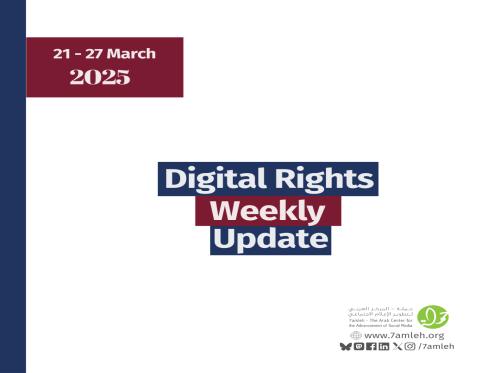
1.
7amleh
Dear Mr. Zuckerberg, We, a group of concerned 73 civil society organizations, write to you today in support of a safe, fair, and a free digital space for all people. As the United Nations Human Rights Council has repeatedly reaffirmed, “The same rights that people have offline must also be protected online.” With this in mind, and society’s increased reliance on social media to understand current world events, Meta’s responsibility has never been greater. In particular, in alignment with the recent International Court of Justice’s preliminary ruling in South Africa’s case brought against Israel, we implore Meta to take drastic measures to ensure your platforms are not contributing to harm and violence for anyone in Palestine and Israel. Specifically, we are deeply concerned about Meta's proposed revision of its hate speech policy regarding the term "Zionist" and the potential to treat it as a proxy for Jewish and/or Israeli, which will ultimately lead to severe restrictions on legitimate political speech and debate. “Zionist” cannot be separated from the political ideology of “Zionism,” and both terms are explicitly unique and different from Jewish and/or Israeli identities.
2.
Meta Considers Revisiting Its Hate Speech Policy After Massive Concern Over ‘Zionist’ Terminology (English)
Digital information world
Tech giant Meta is under pressure after greater concern grew surrounding its respective hate speech policy. Many users were wary about the terminology linked to zionists and how it was being used for posts linked to the Arab and Jewish communities. The policy currently enables the use of the term in a political discourse. Still, it was removed when it had to do with Jews or Israelis directly, especially when it was in the context of a violent or dehumanizing manner. This was just confirmed through an email generated by a Meta rep who mentioned that it planned to invite others to discuss the matter in the future, as first spotted by TheIntercept.Meanwhile, the email further mentioned how the firm considered reviewing this in context to posts and concerns of users who were the real stakeholders on this front. This means we might soon be witnessing a possible change in policy while advocacy groups (including MPower Change and 7amleh) were seen questioning how these policies were getting enforced, and that entails whether the posts were made by the platform’s algorithm or humans.
3.
Rights group demands action from social media against anti-Palestinian hate speech (English)
Wafa
HAIFA, Thursday, February 8, 2024 (WAFA) – The Palestinian Digital Rights Coalition has sent letters to Meta, X, Telegram, and TikTok regarding the proliferation of hate speech, dehumanization, and incitement to violence and genocide against the Palestinian people on their platforms. On 26 January 2024, the International Court of Justice (ICJ) ordered provisional measures in the case of South Africa v. Israel, determining the plausibility that Israel is carrying out genocide against the Palestinian people in Gaza. The Palestinian coalition said it documented use of online platforms to incite genocide against Palestinians in Gaza, including by the highest levels of the Israeli leadership. The coalition's letter addresses the specific connection between hate speech, incitement to violence, and genocidal remarks online. Among other issues, the letter specifically calls attention to the ICJ’s reference to UN Bodies expressing concern over “discernibly genocidal and dehumanizing rhetoric coming from senior Israeli government officials, as well as some professional groups and public figures.”
4.
Meta’s review of hate speech policy sparks concern of further censorship of pro-Palestinian content (English)
Theguardian
Meta is considering expanding and “revisiting” its hate speech policy around the term “Zionist”, the Guardian has confirmed. The company reached out to and met with more than 10 Arab, Muslim and pro-Palestinian organizations on Friday to discuss the company’s plans to review the policy to ensure the term “Zionist” is not being used as a proxy for Jewish or Israeli people, according to an email the Guardian reviewed. The policy as it exists allows “Zionist” to be used in “political discourse but removed when it’s used explicitly as a proxy for Jews or Israelis in a dehumanizing or violent way”, according to an email a Meta representative sent to the organizations inviting them to the Friday meeting. The email further stated the company was considering reviewing it in light of posts users and “stakeholders” have recently reported, the Meta representative wrote. The Intercept first reported the potential change in policy.
Related Articles
Subscribe to Our Email Alerts
And stay updated with our latest activities, news, and publications!

